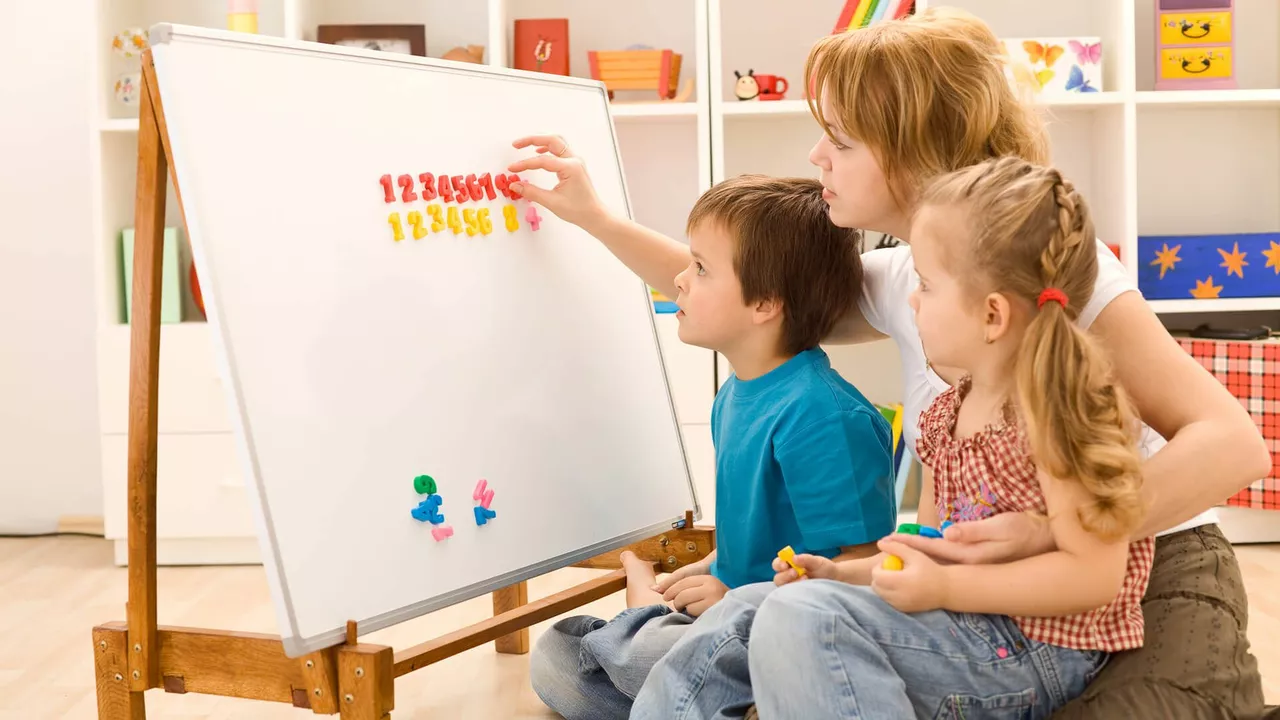The Math Potential of Xbox
A gaming console like an Xbox is every kid's dream, but can it actually be a tool for learning? The answer is, absolutely. Wait, what? You are not surprised, are you? If it gives you a comfort, Armand is quite baffled too. So let's take this curious journey together, trying to understand how a gaming console that kids usually use for escaping from studies can actually help them learn one of the most crucial subjects that is Mathematics.
It's undeniable that most kids are more drawn to video games than they are to textbooks. For something that captures such a huge amount of their attention, it would be foolhardy not to explore its educational possibilities. Some of the skills children can learn from video games include problem-solving, critical thinking, and hand-eye coordination. Now, that makes sense. But hold on, how does maths fit into this world of gaming?
Gaming and Learning
The relationship between gaming and learning is definitely a fascinating one. Video games provide a form of active learning where the player is directly involved in the game. The player learns from successes and failures and is able to apply what they have learned to advance in the game. This process of learning, trial, and error, and adaptation is similar to how we learn mathematics. Ah, now we're getting somewhere.
Remember how you solve those complex math problems? The method of trial and error, attempting again and again until you come up with the right answer mirrors the way games are played. This is an important learning style that games naturally employ, which can be very beneficial when applied to learning mathematics. Intriguing, isn't it?
Edutainment: Mixing Education and Entertainment
Now, let's look at how exactly Xbox can blend education, particularly maths, with entertainment. With the recent trend of "edutainment" – where education meets entertainment – many games have been developed with the aim of providing a fun and interactive platform for children to learn. Xbox, being such a powerful and adaptable console, is no exception to this.
Several educational games on Xbox are specifically designed to stimulate mental calculation, mathematical problem-solving, and understanding of mathematical concepts. These games, such as the popular 'Minecraft: Education Edition', apply mathematical concepts in gameplay, offering a fun, interactive, and practical approach to learning maths. It's brilliant, like turning the inevitable screen time into a productive learning period.
Benefits of Learning Maths on Xbox
Okay, so we have established that Xbox can indeed be used as a mathematical learning tool. But why should you consider it for your child? Allow Armand to break it down for you. Among the key benefits, the first and foremost is engagement. Let's admit it, maths can be boring for many kids. Presenting it in a fun and interactive way could arguably improve their willingness to engage with the subject.
Secondly, video game-based learning provides instant feedback. When your child makes a mistake in a game, they are usually immediately notified and can correct themselves. This immediate response can help reinforce learning and encourage your child to understand their mistakes, which can be very effective in learning maths.
Lastly, learning maths via gaming can help improve problem-solving skills. Most games require players to think critically and solve complex problems to progress. When these problems are based on maths, your child gets the opportunity to practice and improve their maths skills while gaming. It's like hitting two birds with one stone, right?
Choosing the Right Games
Alright, so Xbox can teach maths. The next question is, how do you pick the right games for your child? It's important to note that not all games are designed with education in mind, and with the vast array of games available, it's crucial that you choose the ones that are indeed created to be both fun and educational.
There are numerous review sites and forums where parents and educators discuss and recommend educational games. Websites such as Common Sense Media and IGN are great places to start. They provide reviews of games, including their educational value, ensuring that you make an informed decision about which games are suitable for your child.
Armand's Story: When Gaming Met Learning
So, with a 50% chance, Armand has a story to tell about this fascinating mesh of education and gaming. When I was a kid, my parents bought me a gaming console. It was incredible, and I loved every moment I spent playing on it. However, they also ensured that it was not just a source of entertainment but learning as well. They allowed me to play games on it only if they had an educational angle, and this rule also applied to maths-related games.
There was one arithmetic game, where I had to solve mathematical puzzles to save a fictional world from a disaster. The adrenaline rush, the thrill of the game, and the relief of saving the world time after time, all while unknowingly learning and practicing mathematics, was an experience I'd never forget. It didn't feel like I was being tutored in maths. Instead, it was an adventure, and it definitely helped me develop a positive relationship with the subject.
Wrapping It Up: All's Well That Ends Well
In conclusion, the Xbox can indeed serve as a maths tutor for your child – a fun, engaging, and interactive one at that. While traditional classroom learning has its own indispensable value, it's important to embrace the potential of these modern, unconventional platforms for educational purposes. It takes the right mix of games, parental guidance, and a balanced schedule to ensure that your child's gaming experience on Xbox is not just fun but educationally enriching.
